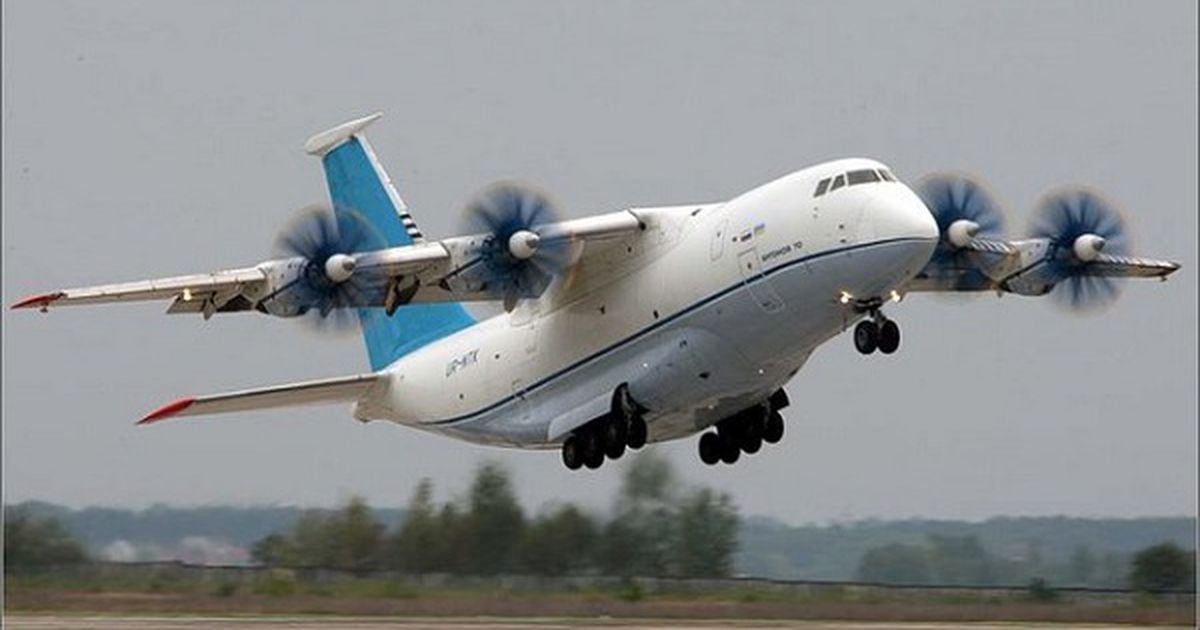Nairobi — Kenya has committed to champion for human dignity and vowed to speak out against rights violations during its presidency of the United Nations Security Council (UNSC) in October.
Speaking during a news conference on Friday evening after Kenya assumed leadership at the UN organ charged with ensuring international peace and security, Foreign Affairs Cabinet Secretary Raychelle Omamo said Kenya will spearhead efforts for consultation as a means to restore stability in troubled nations.
“We’ll strive to cultivate a climate of transparency and consultation not only to take into account the interests and views of other but also to increase understanding and principled cooperation on global peace and security,” Omamo, who was flanked by Kenya’s Permanent Representative Amb Martin Kimani, said when she addressed the press in New York.
She however added that Kenya will not shy away from calling out rights violations.
“We’ll respect the sovereignty of States but we will not remain indifferent to human suffering and flagrant violations of international law,” the Cabinet Secretary pointed out.
Omamo said Kenya will seek consensus on global challenges through a rules-based multilateral approach.
“As an anchor of stability within our region we’ve endeavored to remain a strong voice for Africa as well as the Caribbean and the Pacific in a addressing the stubborn challenges that face our world,” she noted.
“Our goal is o foster a multilateralism that is based on the foundation of principles, values and norms of the UN and the AU; a multilateralism that is credible and fit for purpose for our age,” Omamo explained.
Among key discussions Kenya is expected to spearhead during its presidency of the Council are reports on peace keeping missions in troubled States including AMISOM in Somalia and UNMIS which was established in 2005 to support the implementation of the Comprehensive Peach Agreement between Sudan and South Sudan.
The African Union Peace and Security Council (AU PSC), the AU’s equivalent of UNSC which Kenya is part of, agreed in May to extend AMISOM’s mandate to December 31 amid uncertainties over an impending election.
The decision by Kenya, Djibouti, Ethiopia, Egypt, Nigeria, Algeria, Benin, Burundi, Cameroon, Chad, Ghana, Lesotho, Malawi, Mozambique and Senegal – the countries making up the 15-member Council – was unanimous.

Sign up for free AllAfrica Newsletters
Get the latest in African news delivered straight to your inbox
Burundi’s President Evariste Ndayishimiye, during a visit to Kenya later in May after the AU PSC resolved to extend AMISOM’s mandate, cautioned against an uncoordinated withdrawal of troops in Somalia saying such a move could reverse gains made in restoring peace.
“Any initiative aimed to reduce the AMISOM troops in Somalia must take into account the degree of the threat from the Al Shabaab terror group in order not to lose the part of territory already recovered by the AMISOM. The countries contributing troops to Somalia as well as the African Union must be consulted on any plans to reduce troops from Somalia,” he stated during a joint press conference with President Uhuru Kenyatta in Kisumu on May 31.
AMISOM contributing countries which include Burundi, Djibouti, Ethiopia, Kenya and Uganda later agreed to adopt a common position on the mission’s engagement in and with Somalia post-2021.
The resolution was made by a technical team meeting in Nairobi on July 13 under the leadership of Foreign Affairs Principal Secretary Amb Macharia Kamau.
“The Technical Experts of the AMISOM TCCs agreed to adopt a common position and approach in the discussions at the African Union, on the African Union’s Independent Assessment Report on AMISOM’s Engagement in and with Somalia – Post-2021,” the Foreign Office reported at the time.
Note: This article have been indexed to our site. We do not claim ownership or copyright of any of the content above. To see the article at original source Click Here











![Premio Lo Nuestro 2022: De Laura Pausini a Camilo y Evaluna, así fue la alfombra roja [FOTOS] thumbnail](https://e.rpp-noticias.io/normal/2022/02/24/portada_221322.jpg)

